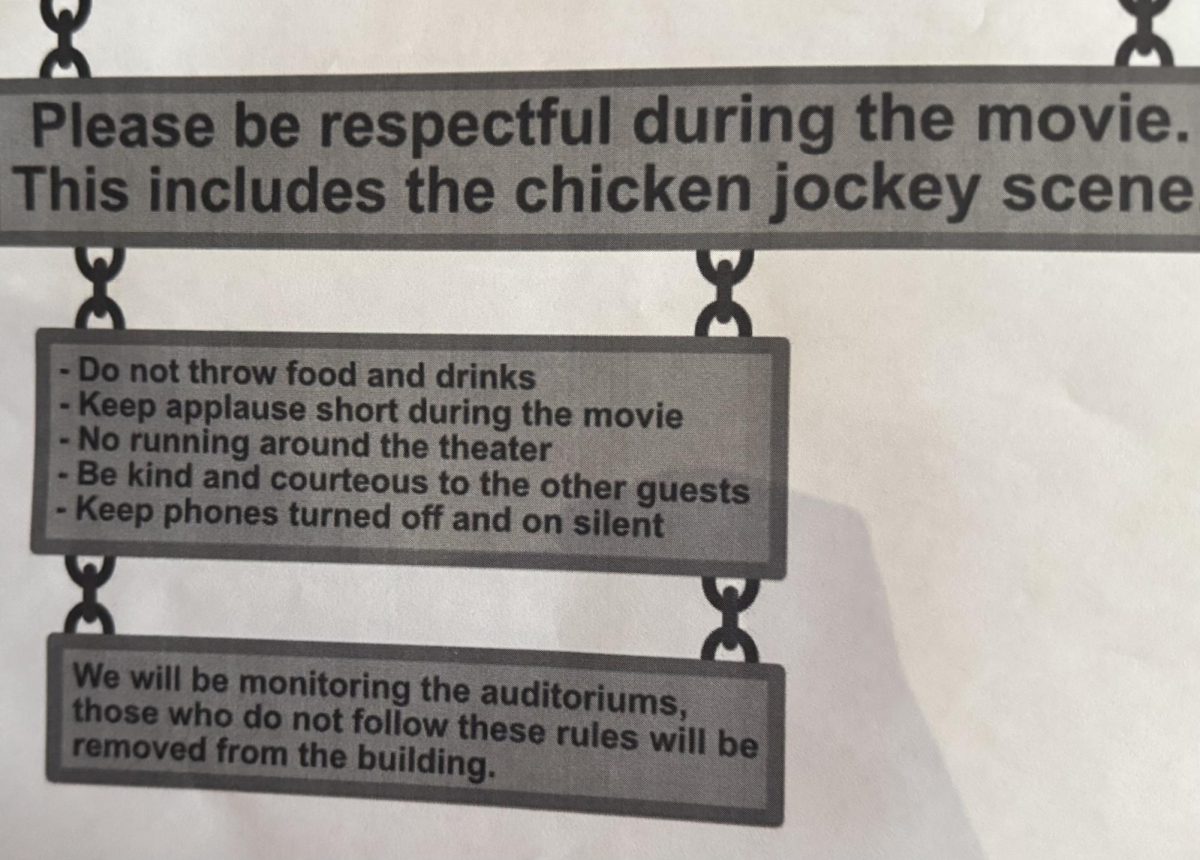I like reading the opinion section. People with busy schedules and little sleep find a topic worth writing about, and then people respond with their own op-ed when the topic resonates with their values—like the MCSG layoffs last semester, or the More than Words campaign in last week’s issue.
But I get really annoyed and frustrated when I see a lack of good intent in opinion responses. What is lack of good intent? When you use a condescending and superior tone of voice along with an “us against you” mentality, when you sound smart just to sound smart and when you attack the original author like you were writing an academic essay, as opposed to making a connection with another person. This happens way more than it should, and for reference, I think once is too many.
Let me be clear. In the heat of an argument, you’re gonna have to attack the other person you’re critiquing. You’re gonna have to state your beliefs of right or wrong and stand by them. But there’s a polite, thorough way to do this, and a lazy mean-spirited way where you look like an inconsiderate person who has nothing better to do on Saturday afternoons. And if you write a response the “mean” way, not only do you look inconsiderate (to me) you’re also vilifying the original op-ed, which, to its merit, usually has some thoughtful, personal and honest feelings attached to it.
As a responder, it’s your job to approach the original article with an open mind. Everyone has valid opinions, so please don’t summarize the original argument in a lazy and self-interested way. Bad summary and bad interpretation can lead to so many miscommunications and false arguments. Realize that the last person in the world who has any right of summarizing the original argument is the person who is dissenting. So if you summarize someone’s points (which you’ll always be doing in an opinion response) be aware that you have major bias, and that you’re being entrusted with someone’s voice. Op-eds aren’t just blocks of text in an academic journal that serves as a greedy pot of evidence. There’s an actual person behind the article. Try your best not to misrepresent their arguments into something childish (I know, it’s so easy) or add silly adjectives to their argument to make your own opinion look stronger. And something you should always avoid is attacking the author directly.
Calling them misguided or attention-seekers or some other name. How is that funny? How does anyone win in that situation, and how do you blind yourself to the pain of hurting others? Will it really make you feel better? And I’m asking this last question in all seriousness, because if the answer is yes, I won’t know what to do. If even compassion and the thought of making this world a little less messed-up won’t appeal to people, what’s the point in writing this article? What’s the point in wasting my time with sappy dialogue that even I will regret reading after it’s published?
I think the ultimate goal of an opinion response should be to create understanding between two people, not dismiss the other person’s opinion to a taboo way of thinking. I know it’s hard to look someone in the eye and accept all the incredible biases that make them up. I know that your own opinion resounds so strongly with who you are, that it seems like truth. But any person with a college degree can disagree on something. Only a truly wonderful person can take that disagreement and somehow make understanding out of it.
Yes, I know: with the most stubborn of people, it’s impossible to reach out to them. But giving up on relating to the other person before you’ve even typed the first word of your first draft just seems so pointless and lonely—which is OK if you plan on majoring in English, living alone and dying in an unmarked grave, like me. But if you kinda want to make the universe a better place, you should strive to have a good intent the next time you write an op-ed response. Don’t attack the original poster’s character, condescend to them or shrink their complicated arguments so you can whip them away with your sharp criticism. Embrace the fact that you disagree and that you have holes in your own argument, as well. And then, when your op-ed gets published in the Mac Weekly and all your friends have read it, have a party and celebrate, because it’s stupid to let an op-ed keep you up at night.







Joe Hughes • Sep 6, 2019 at 10:40 am
Some genuinely nice stuff on this internet site, I enjoy it.